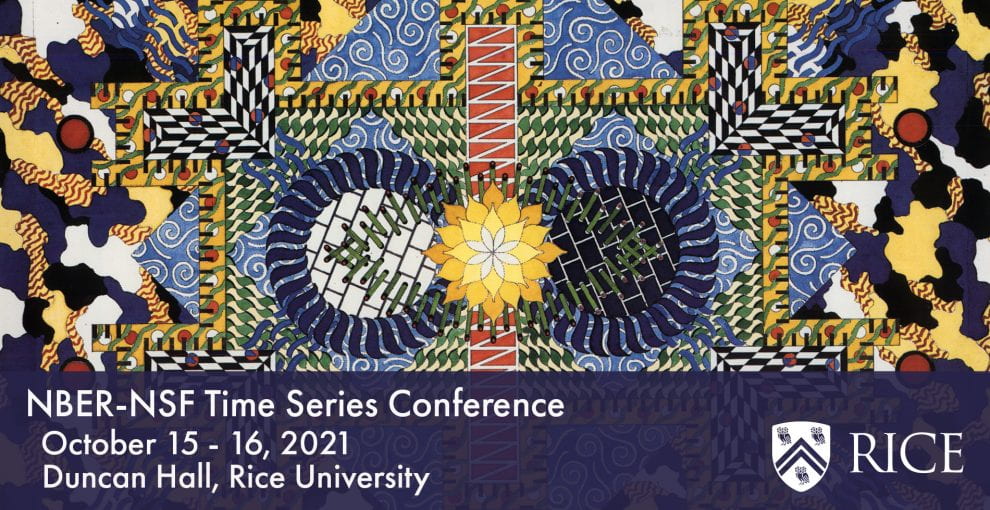Tao Wang, University of California, Riverside
Project Description/Abstract
In this paper, under the stationary \alpha-mixing dependent samples, we develop a novel nonlinear modal regression for time series sequences and establish the consistency and asymptotic property of the proposed nonlinear modal estimator with a shrinking bandwidth h under certain regularity conditions. The asymptotic distribution is shown to be identical to the one derived from the independent observations, whereas the convergence rate (\sqrt{nh^3} in which n is the sample size) is slower than that in the nonlinear mean regression. We numerically estimate the proposed nonlinear modal regression model by the use of a modified modal-expectation-maximization (MEM) algorithm in conjunction with Taylor expansion. Monte Carlo simulations are presented to demonstrate the good finite sample (prediction) performance of the newly proposed model. We also construct a specified nonlinear modal regression to match the available daily new cases and new deaths data of the COVID-19 outbreak at the state/region level in the United States, and provide forward predictions up to 130 days ahead (from August 24, 2020 to December 31, 2020). In comparison to the traditional nonlinear mean or median regression, the suggested nonlinear modal regression can fit the COVID-19 data better and produce more precise predictions. The prediction results indicate that there are systematic differences in spreading distributions among states/regions. For most western and eastern states, they have many serious COVID-19 burdens compared to Midwest.
Co-Authors
Aman Ullah, University of California, Riverside
Weixin Yao, University of California, Riverside
